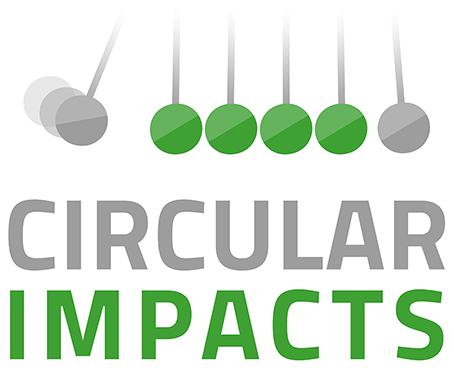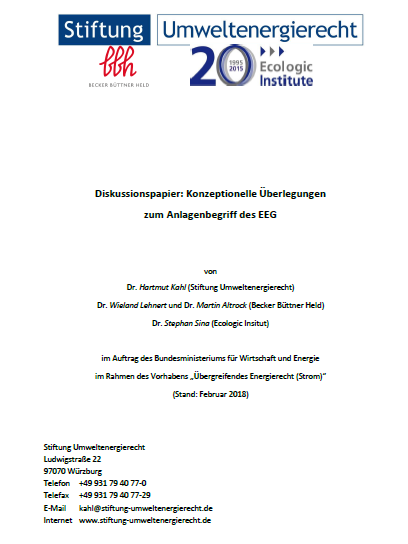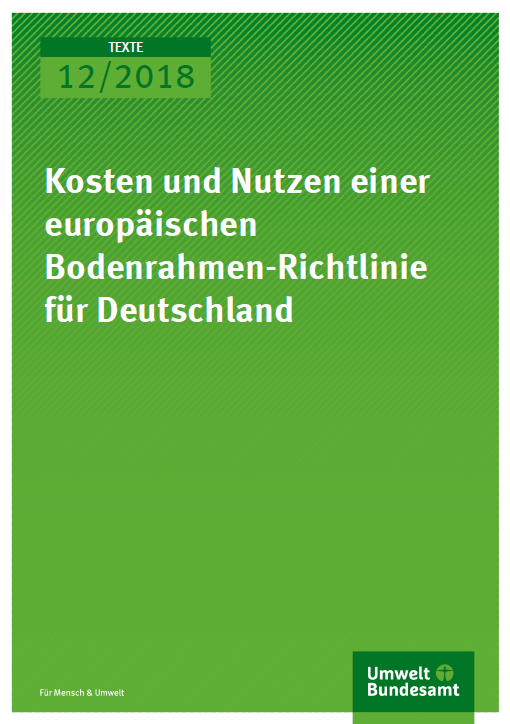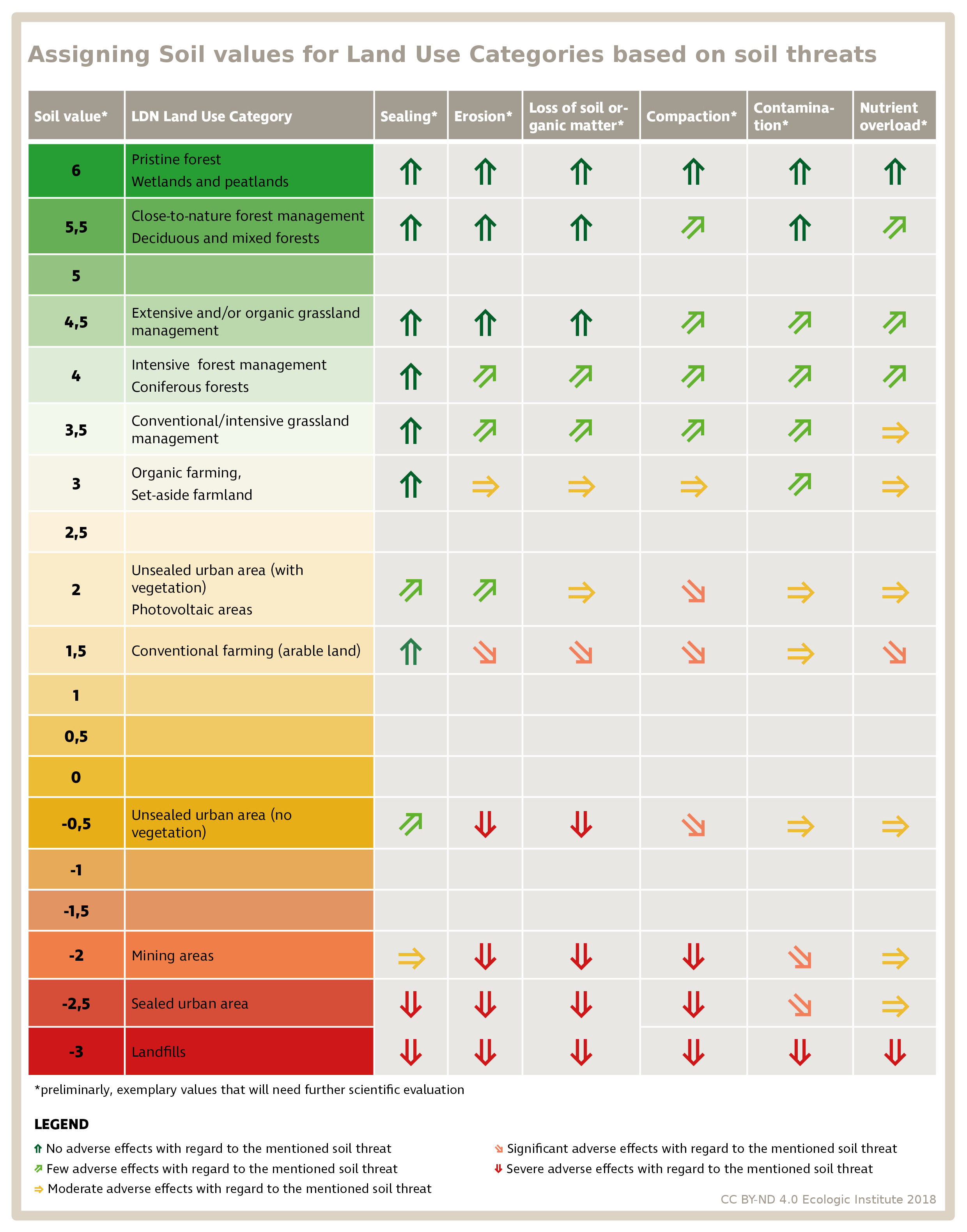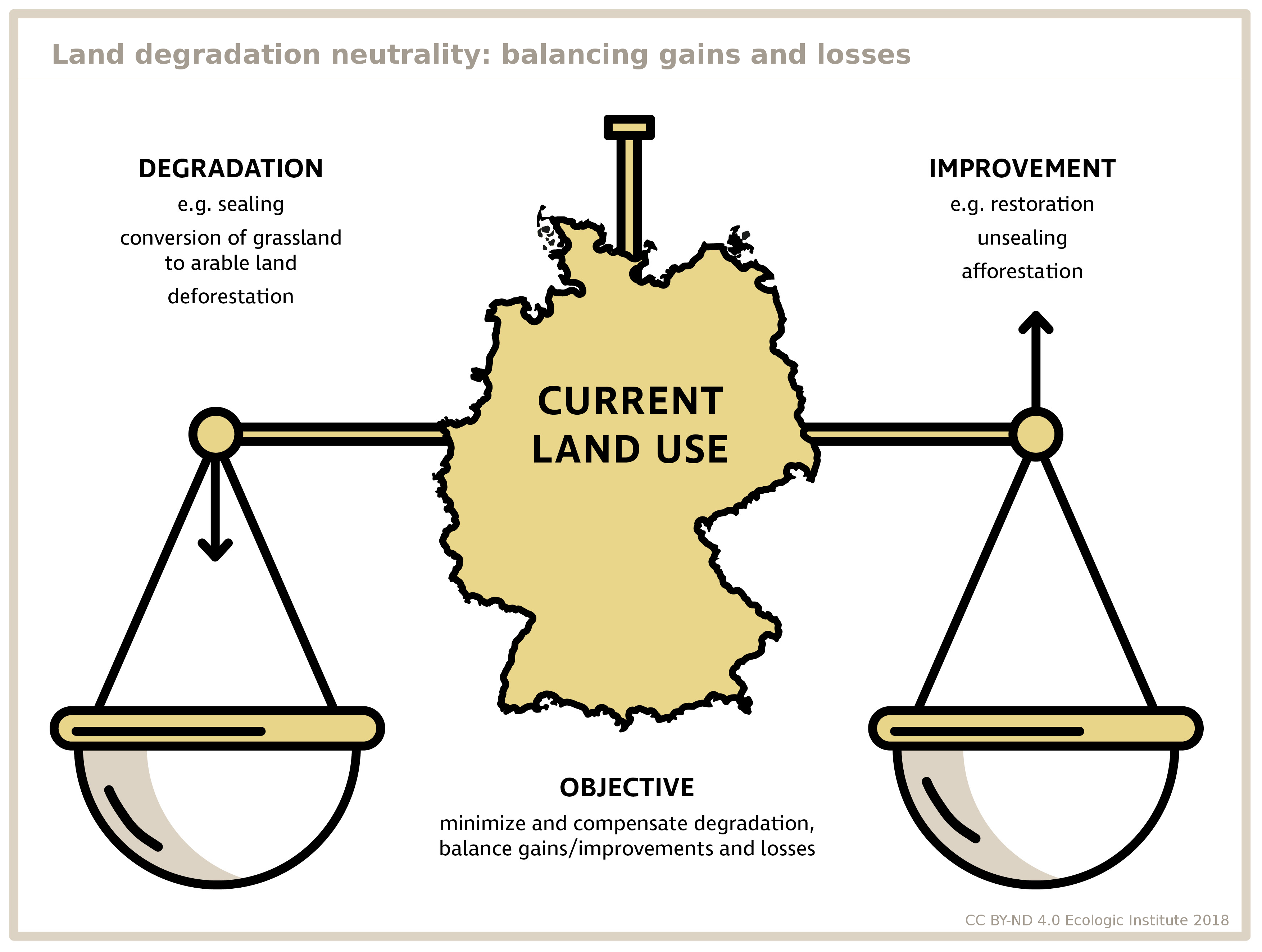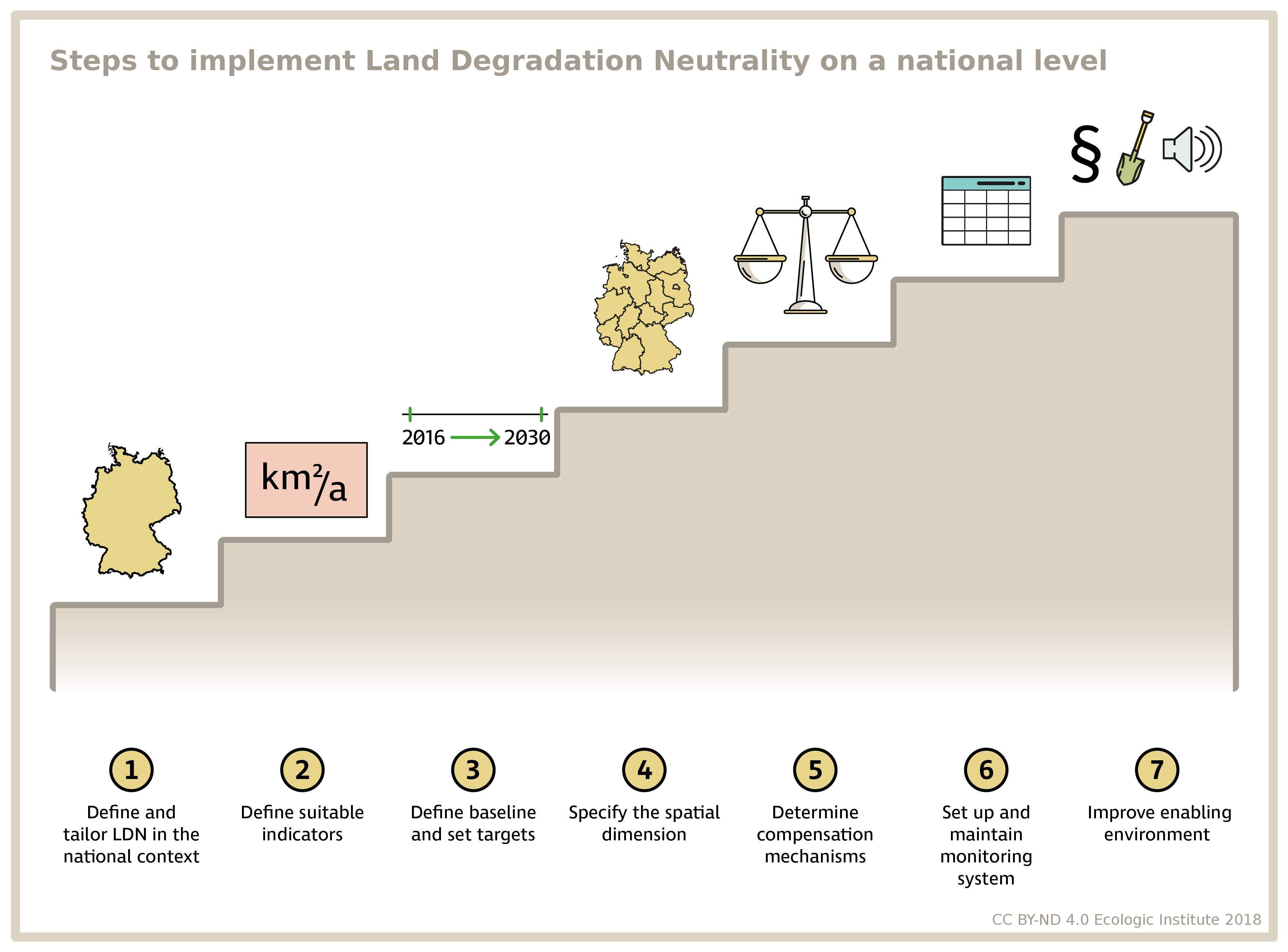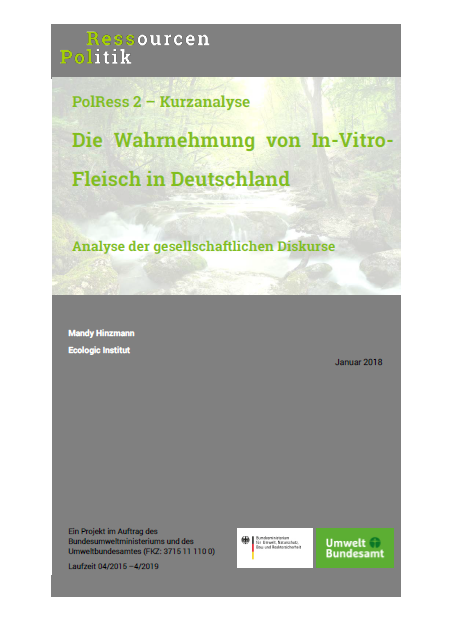Event:Workshop
Event:Workshop
Event:Workshop
Event:Workshop
Event:Workshop
Event:Workshop
Event:Conference
Publication:Document
Publication:Report
Publication:Infographic
Publication:Infographic
Publication:Infographic
Publication:Report
Land Degradation Neutrality
Handlungsempfehlungen zur Implementierung des SDG-Ziels 15.3 und Entwicklung eines bodenbezogenen Indikators
Year
Read morePresentation:Chairing
Publication:Report
Die Wahrnehmung von In-Vitro-Fleisch in Deutschland
Analyse der gesellschaftlichen Diskurse
Year
Read more